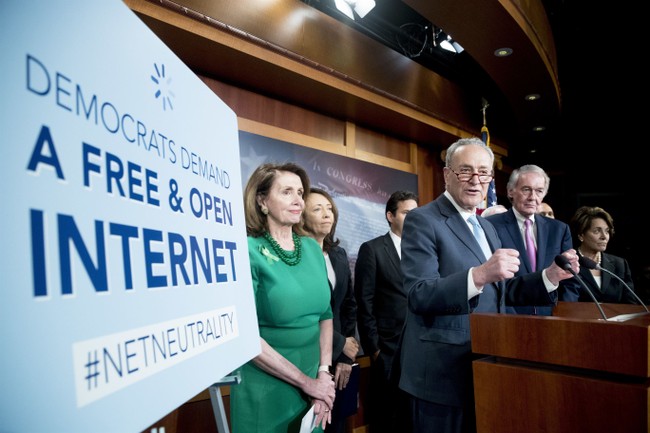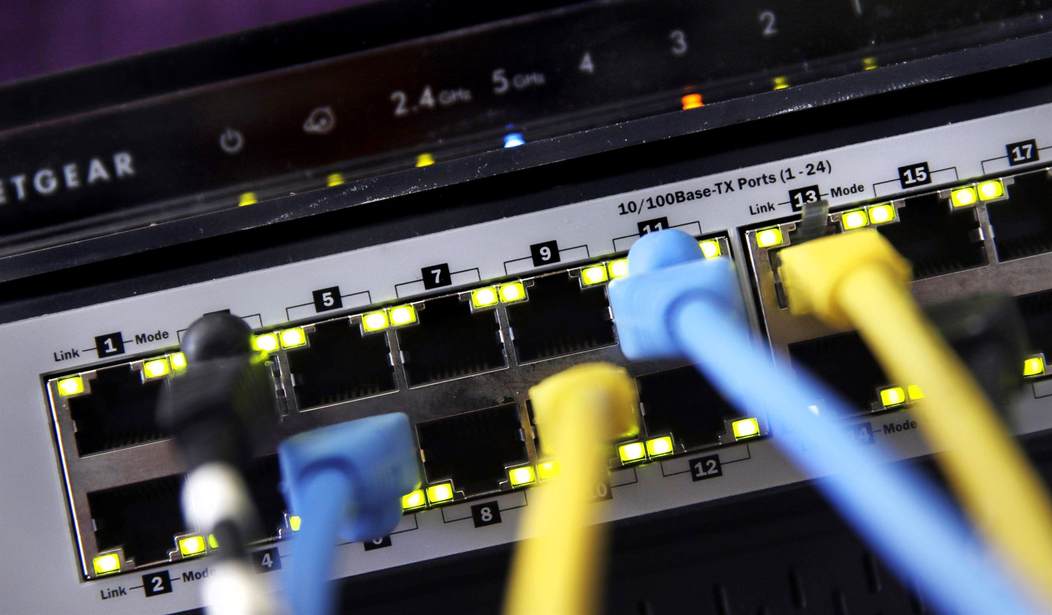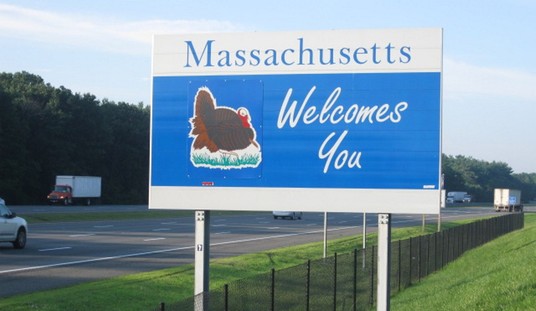In yet another case of President Biden making stratospheric promises and delivering results that end up in a drainage ditch, we look into the once highly-touted BEAD program, his Broadband Equity Access Deployment initiative which would bring high-speed internet access to all of the far-flung parts of the nation.
Deriving from his monstrous trillion-dollar infrastructure spending spree signed into law in 2021, BEAD was set up to bring the wonders of the web to rural Americans otherwise struggling without access to TikTok and Temu. Now we are two and a half years out from that proposal, so where do things stand?
Basically, it is on its knees.
As an indicator of the typical governmental inertia, it was not until last summer before the plans for this project were even released, 18 months after passage. It was just a few weeks ago that the news came out that after billions of dollars were outlaid years ago for the government to begin installing charging stations across the map - with 500,000 promised by 20230 - to date only a handful have been installed.
Now in more audacious signs of failure, Biden’s internet plan is looking like a bigger bust. To date, not a single home or business has been connected through BEAD. So just what is the problem?
Federal Communications Commissioner Brendan Carr has lashed out at the administration for this sloth seen in the program. Carr, who has also come out with statements opposing Biden’s desire to wield more control over the internet, has taken this sprawling program to task for failing broadly.
In 2021, the Biden Administration got $42.45 billion from Congress to deploy high-speed Internet to millions of Americans.
— Brendan Carr (@BrendanCarrFCC) June 14, 2024
Years later, it has not connected even 1 person with those funds. In fact, it now says that no construction projects will even start until 2025 at earliest.
In testimony before a congressional subcommittee in May, Alan Davidson - head of the Commerce Department’s National Telecommunications and Information Administration and who runs the BEAD project - tried to sound proud of the fact that actual groundbreaking on this enterprise would commence in late 2025, or into 2026. The proposal called for 56 states and territories to be allocated funding from BEAD to commence with installing the infrastructure, but so far only ten have even met approval. The main problem is the ridiculous stipulations within the 9 stages of vetting attached to the application process for the states to endure.
For openers, there is the inclusion that the federal government wants to regulate the connectivity rates, which is holding back internet providers while the Republicans point out that the law prevents this from becoming a reality. And then there are the far more restrictive issues that have been layered onto the application process.
For a clue as to what these are we need only look at that first vowel in the BEAD acronym; that inclusion of “Equity” is always assured to deliver problems.

As states go through the process of petitioning for the funds, it resembles a steeple chase course.
The first barrier to clear is ensuring that union workers will be used for the endeavor. These can be a bit of a challenge to find in outpost locations.
Secondly, there are DEI provisions included in the hiring of workers, which again, in lightly populated regions can be burdensome to meet. As if this is not enough unneeded restrictions already, because this is a Biden pipedream project, the climate has to also become an unnecessary issue to be addressed in the applications from states.
The Senate has written to Davidson, calling for him to strip away many of these unnecessary requirements, which are stacked on top of existing labor laws. The proposal requirements include items with typically obtuse governmental linguistics, such as hiring “justice-impacted participants”, to ensure “federal digital equity programs” are used, and that “climate resiliency” is addressed. It feels like this shovel-ready project cannot begin until non-binary shovels are recognized.
Meanwhile, the same FCC decided in August of 2022 to arbitrarily suspend an agreement to have Elon Musk’s Starlink provide internet to underserved locations, something that Commissioner Carr opposed and had been undertaken by FCC leadership as he was on a trip in Alaska. That agreement saw Musk able to provide service to nearly 650,000 residents in 35 states, for under $1 billion.
Now those residents are denied that chance, while they go without the suggested needed internet for another 2 years, minimum. Meanwhile, an exorbitant spending package is enacted while it has delivered nothing beyond federally supplied scarlet adhesives. The only saving grace is some of those people in the farmland may not be able to do an online search and discover how much waste and fraud has been expended in this fiasco.














Join the conversation as a VIP Member